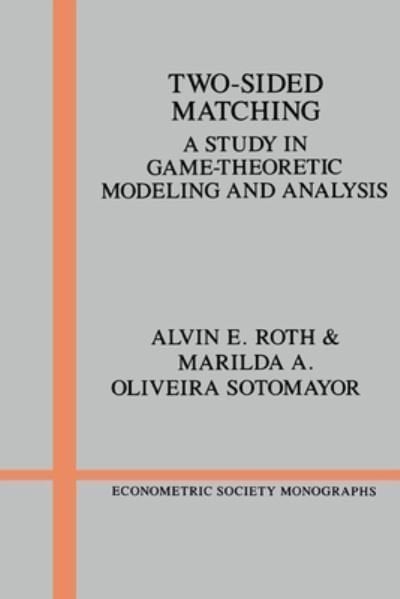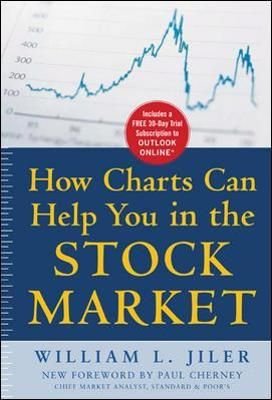Two-sided matching provides a model of search processes such as those between firms and workers in labor markets or between buyers and sellers in auctions. This book gives a comprehensive account of recent results concerning the game-theoretic analysis of two-sided matching. The focus of the book is on the stability of outcomes, on the incentives that different rules of organization give to agents, and on the constraints that these incentives impose on the ways such markets can be organized. The results for this wide range of related models and matching situations help clarify which conclusions depend on particular modeling assumptions and market conditions, and which are robust over a wide range of conditions.












